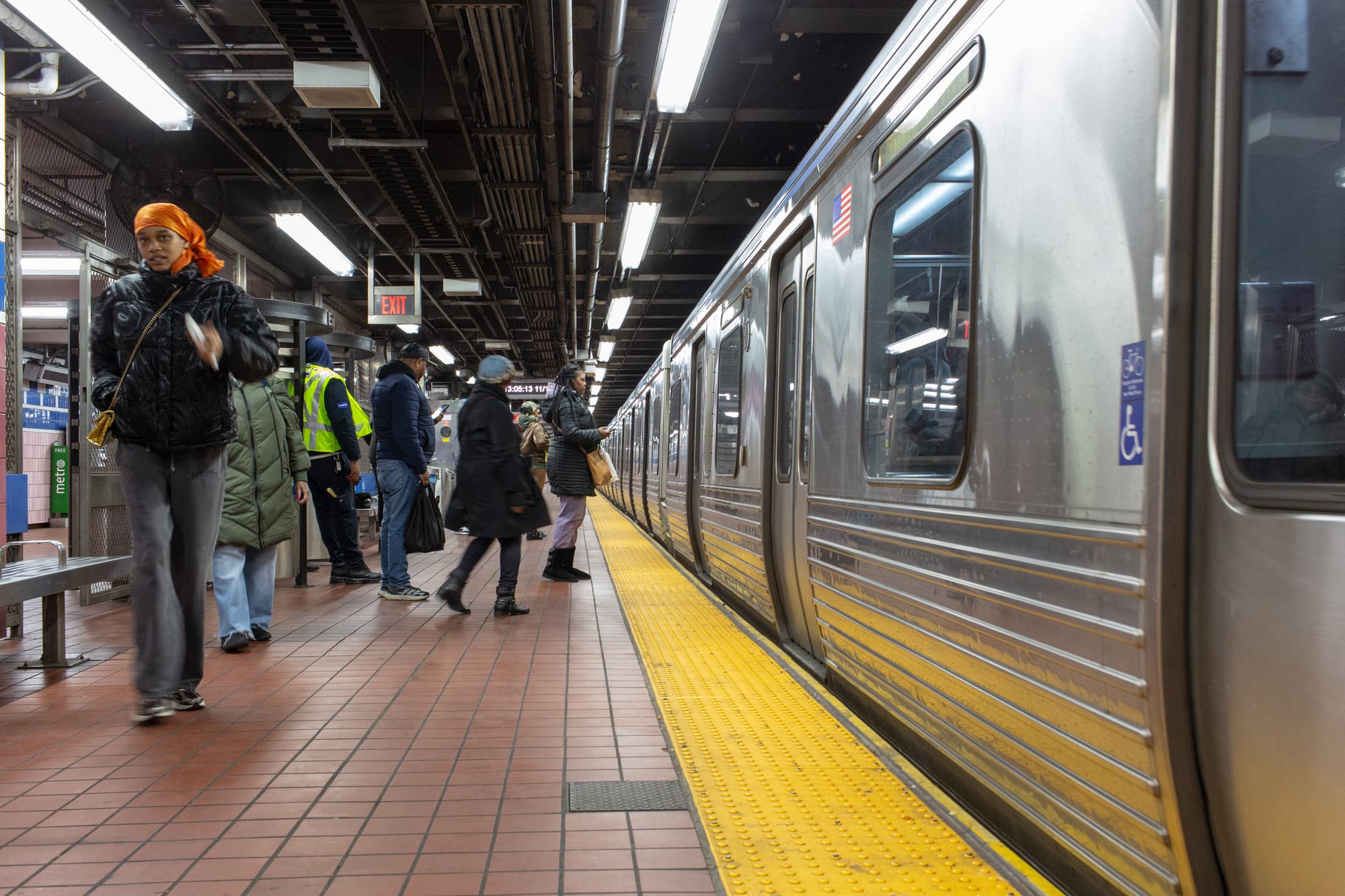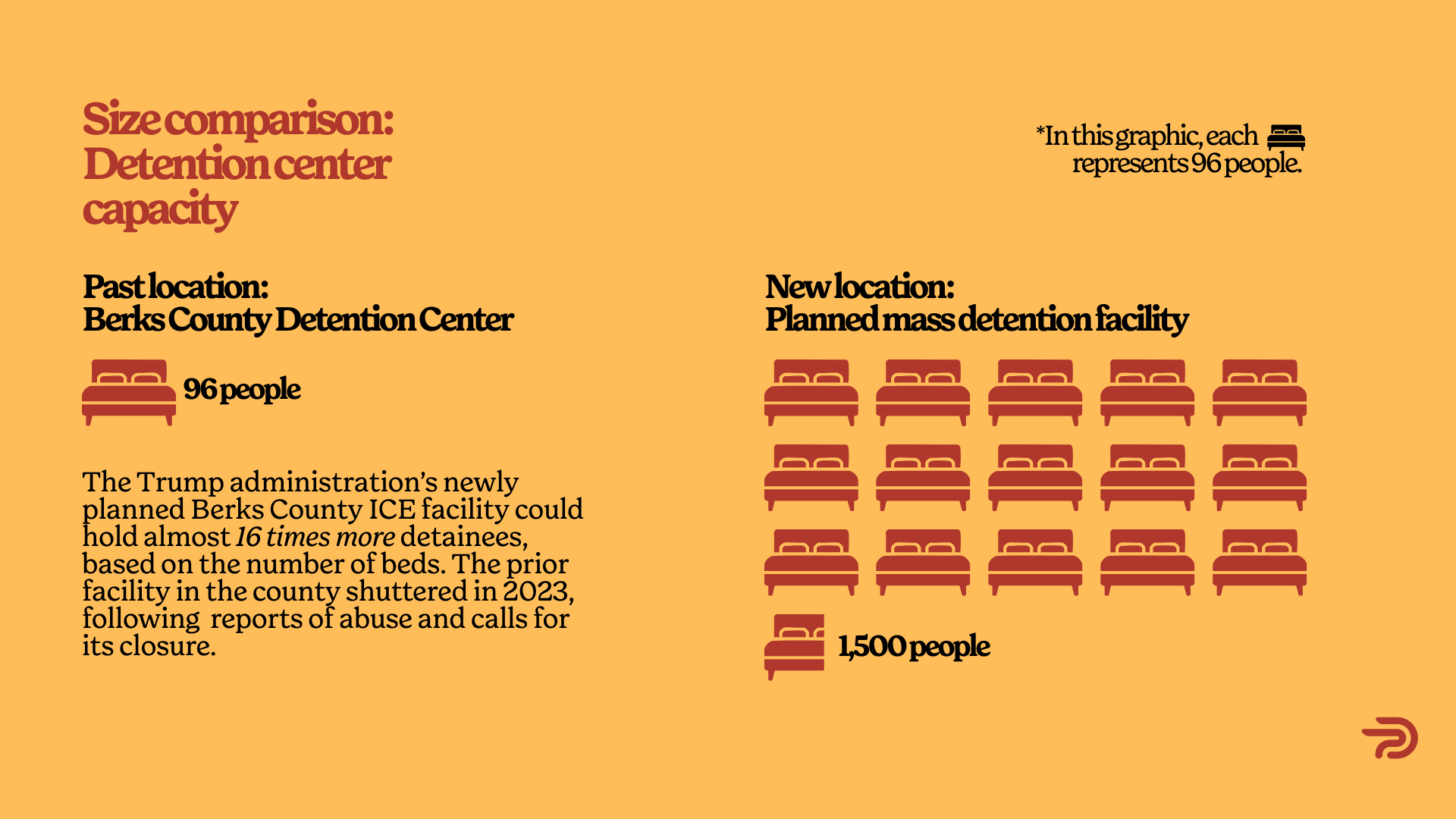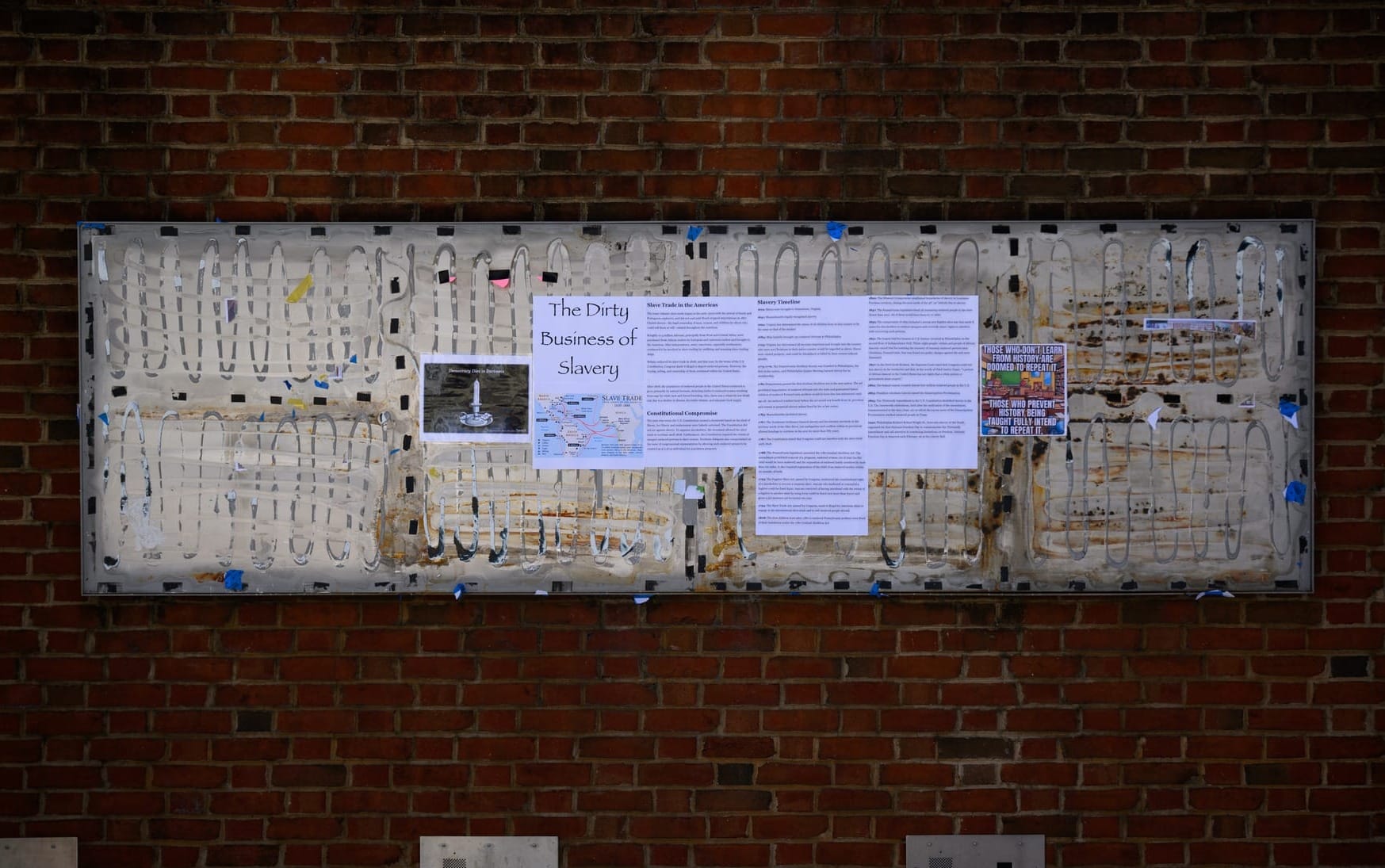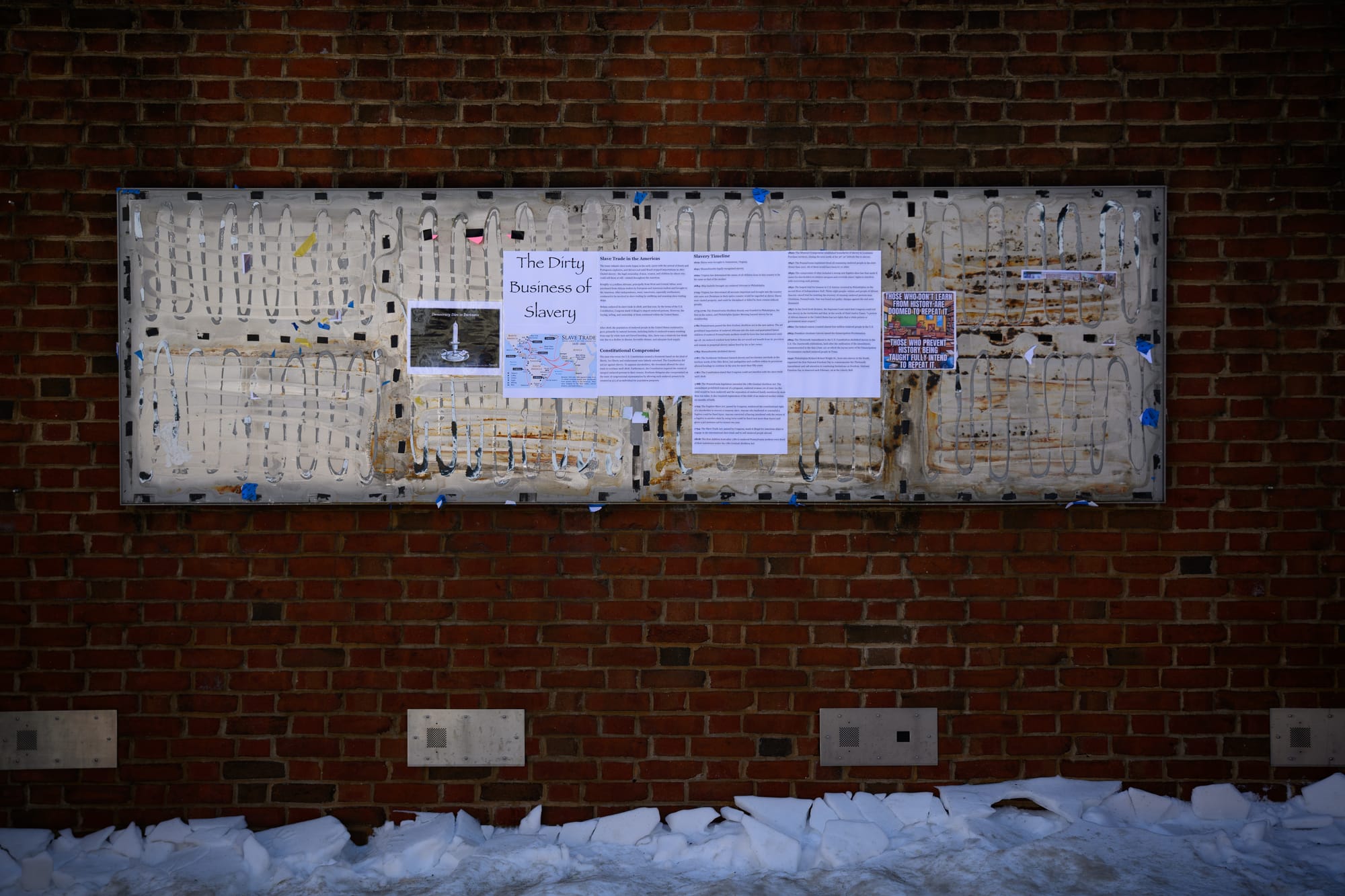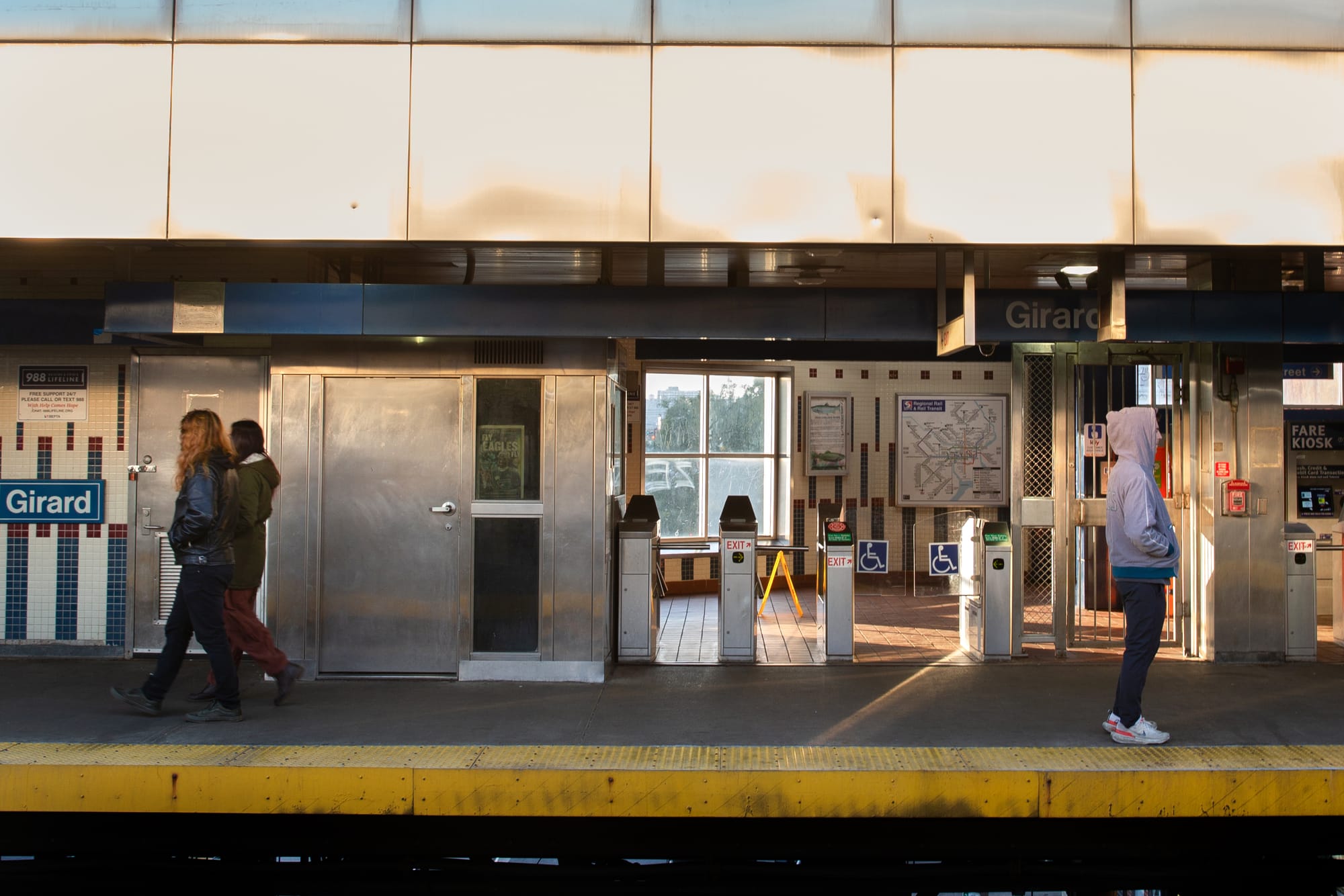Philadelphia’s Future: What to Expect from Mayor Parker’s Budget Address
From public safety and housing to tax reforms and infrastructure, the budget is poised to address pressing issues that have been the focus of both city officials and residents.
As the saying goes “a budget is a reflection of values.” And as Philadelphia approaches Mayor Cherelle Parker's upcoming budget address, the city stands at a pivotal juncture. The fiscal decisions outlined will not only reflect the administration's priorities but also set the trajectory for the city's future.
From public safety and housing to tax reforms and infrastructure, the budget is poised to address pressing issues that have been the focus of both city officials and residents.
One of the most anticipated aspects of Mayor Parker's budget is the allocation for public safety initiatives. The Vision Zero program, aimed at eliminating traffic fatalities by 2050, has been a focal point of recent discussions. In the previous fiscal year, funding for Vision Zero was reduced from $2.5 million to $1 million, a move that drew criticism from traffic safety advocates and members of the City Council. Councilmember Isaiah Thomas emphasized the need for increased funding, stating, "What we want to do is put on the record that we are challenging and pushing specifically for Vision Zero." Advocacy groups, including the Bicycle Coalition of Greater Philadelphia, have been vocal in their call for restoring and increasing Vision Zero funding. A petition led by these groups is urging the administration to allocate $5 million in the upcoming budget to enhance traffic safety measures. The petition underscores the urgency of addressing the city's high traffic fatality rates, which remain above pre-pandemic levels.
The administration has previously indicated that funds were redirected to the Department of Streets for traffic-calming measures. However, transparency regarding the utilization and impact of these funds has been a point of contention. As the budget address approaches, stakeholders are keen to see a clear and substantial commitment to reducing traffic-related incidents through dedicated funding and strategic planning.
Housing remains a cornerstone of Mayor Parker's agenda. During her address to the Chamber of Commerce for Greater Philadelphia, she reiterated her commitment to "Mission 30,000," an ambitious plan to create, repair, and restore 30,000 housing units during her tenure.
Tax reform is another critical area likely to feature prominently in the budget address. A recent report by the Tax Reform Commission recommended eliminating the city's business income and receipts tax (BIRT) over the next 8 to 12 years and reducing the wage tax. The goal is to shift the tax burden towards property taxes, thereby fostering business growth, job creation, and poverty reduction. While proponents argue that the current tax structure hampers economic competitiveness, opponents express concerns about the potential impact on property owners and the necessity of state approval for such changes. Mayor Parker's stance on these recommendations will be pivotal, as her administration balances the need for economic revitalization with equitable tax policies.
In the broader context, Mayor Parker has expressed a willingness to collaborate with the Trump federal government, regardless of political differences, to secure funding for city projects. But as Trump and Elon commit to using DOGE to axe funding to cities that do not comply with their immigration requests, it will be interesting to see how the Mayor responds to this.
The allocation of funds in this next budget will reflect the administration's priorities and set the course for Philadelphia's future. Stakeholders from various sectors are poised to engage in discussions, advocating for investments that promote safety, economic growth, and equitable development. The forthcoming budget is not merely a financial document but a blueprint for the city's aspirations and commitments in the years ahead.

